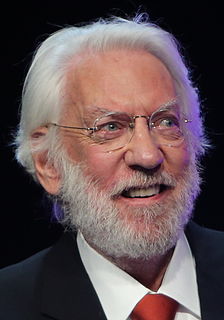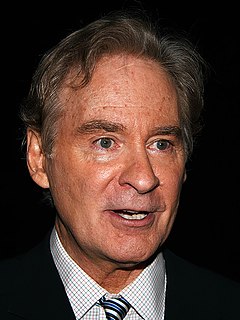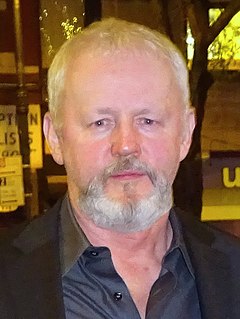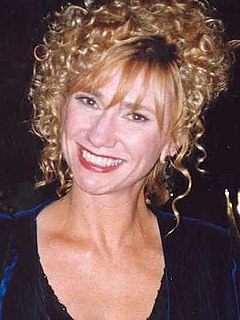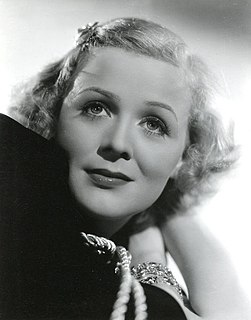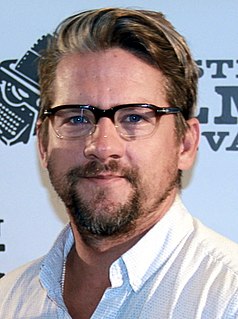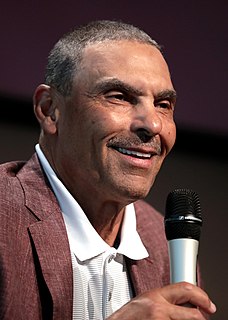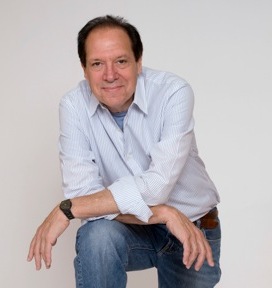A Quote by Julianne Moore
All I wanted was to be a regional-theater actor, to be in a company. I thought it would be a great life. I don't think I understood how difficult it would be.
Related Quotes
I knew I wanted to be an actor, and I didn't necessarily need or want to be famous or a celebrity actor. But I wanted to be somewhere where there would be no ceiling on what I could accomplish, and I felt like if I stayed in St. Louis I might have a really great regional theater career or something, but that I wasn't going to be able to get much further than that. And it felt like New York and L.A. were the two places where you could end up being a TV star or you could end up doing regional theater, which would have been fine as well.
I come from Nova Scotia, and I'd never seen a theater or been inside of a theater. When I was 17, my dad asked me what I wanted to do, and I said I thought I would like to be an actor. I didn't have any idea what it was to be an actor. None. I'd wanted to be either an actor or a sculptor, which are both essentially the same thing. That's how it all started for me.
When my grandmother died, I realized that even if I had millions of dollars, I couldn't find her anywhere on earth. My next thought was that I would die. I looked at my life and thought, "I'm afraid to die." I concluded that whether I was afraid or not, I would die. It was one of the most important crossroads in my life, once I realized that no matter what, I would do this thing, the next step was to think, "If I am going to do the most difficult and frightening thing - dying - is it possible that I could do some difficult and impossible things that are good?"
All directors are different. Certainly, the directors that I respond to the most are guys that figure it out by doing it, not by thinking or studying. Also, the kind of actor that I think I am - I learned about theater doing theater, not studying theater. I think that traditional school can be great, but also it can stifle original thought.


